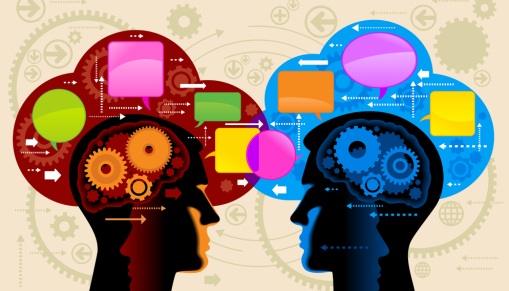Read the start of this article below; to view full article you need to be a PlannersWeb member. Already a member? — be sure you’re logged-in. Not a member? Consider joining the PlannersWeb.
For some of us, that’s a harder question to answer than we want to admit. Our national public discourse hasn’t been very good at real discussion lately. Even on TV news shows that claim to be “discussing” issues, too often what you hear isn’t a discussion — what you hear is people talking over and shouting past each other. Even without having a clear definition of a discussion, I don’t think most people view that scenario as fitting the bill.
We often have the same trouble in local governance settings. Elected and appointed officials, staff, and the public come into “discussions” about proposed projects or plans, with their own predetermined agendas, their own sticks in the ground. Everyone states their position, everyone “tells” everyone else why they are right.
Basic problem #1: Chances are, no one is listening to your lecture. At best, they’re planning out what they are going to say next to defuse or undermine what you said. In at least some cases, they’re zoned out, with their brains off on something else.
We’ve all been subjected to these situations. But we’ve all also been part of enriching, eye-opening discussions (hopefully on your commission, but certainly in other areas of your life!). Why don’t we have more of those kinds of discussions in the public setting? More importantly, why are we vaguely amazed when a reasonable, constructive discussion breaks out?
Think for a minute about what makes a good discussion different from what we typically get in a public meeting:
- A discussion is interactive. We listen to each other, paying attention to what the other person is saying. Afterward, what we say responds to what they just said. In a discussion, ignoring the other person’s point or talking over them is considered bad behavior.
- Discussions evolve. New ideas develop as a result of the interaction. As understanding of the issue increases, people learn things that they did not know before. Indeed, people’s ideas or opinions may even change!
- When good discussions occur, it’s because the participants have tacitly agreed to follow some standard rules of etiquette: listen to the other person; wait your turn; give the other person the benefit of the doubt; play nice. When these rules aren’t obeyed, discussions grind to a halt in a hurry.
Why do we so seldom have discussions in public meetings? I think the answer is deceptively simple: we don’t design the processes we use to get those results.
End of excerpt
Della Rucker, AICP, CEcD, is the Principal of Wise Economy Workshop, a consulting firm that assists local governments and nonprofit organizations with the information and processes for making wise planning and economic development decisions.
Rucker is also Managing Editor of EngagingCities and author of the recent book The Local Economy Revolution: What’s Changed and How You Can Help — portions of which will be serialized here on PlannersWeb.com during 2014.
You must be logged in or a PlannersWeb member to read the rest of the article.
